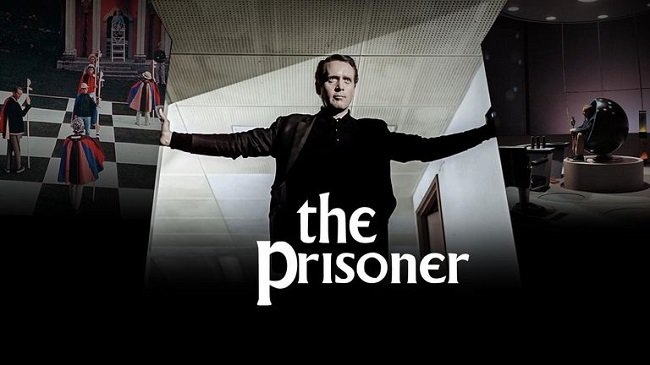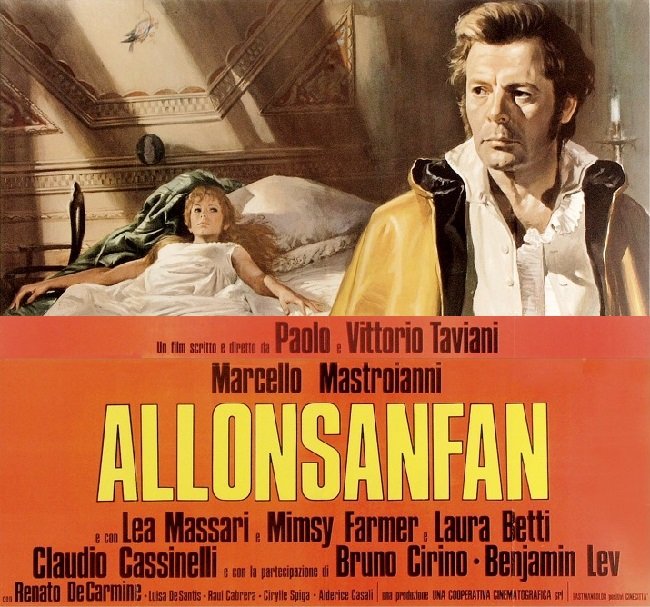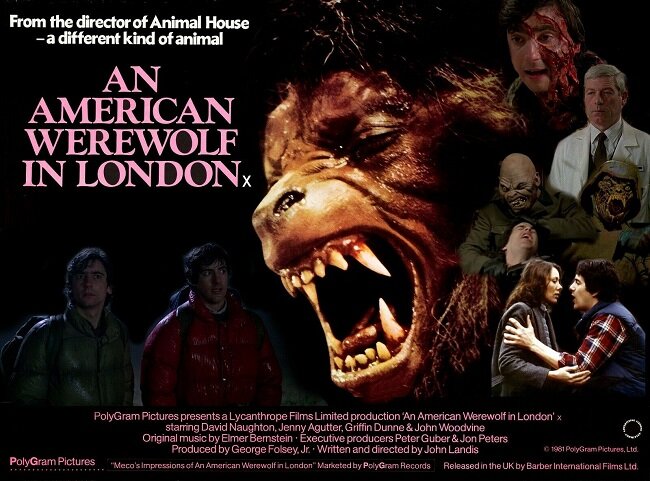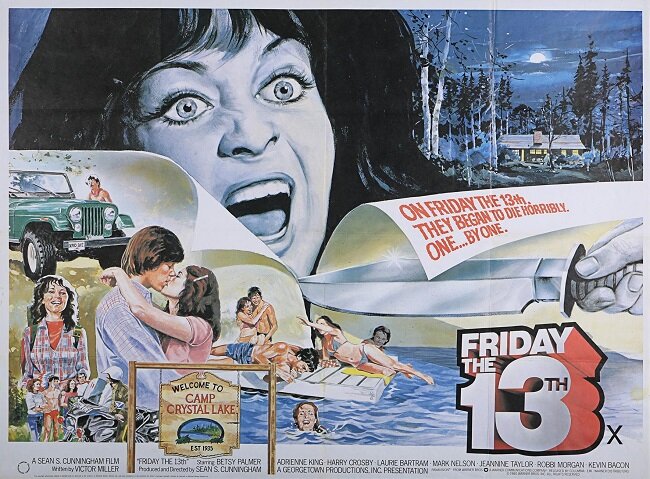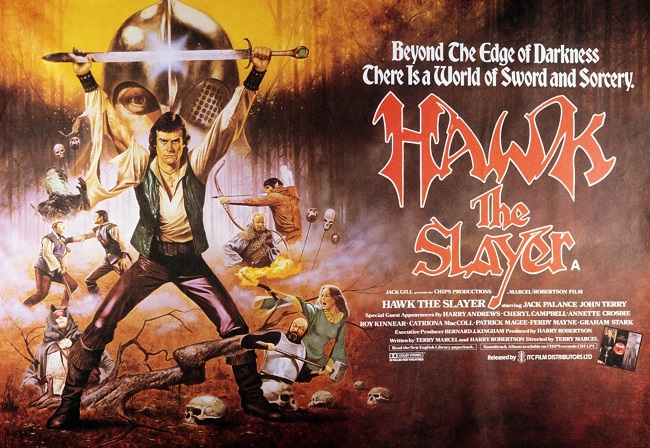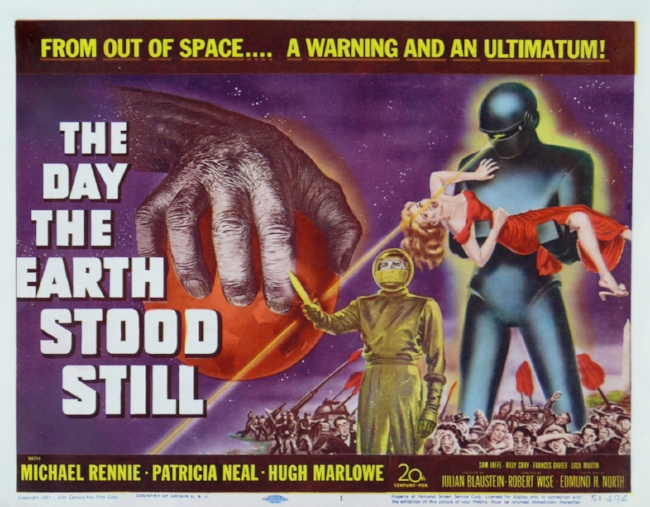Classic Movie Themes: An American Werewolf in London
An American Werewolf in London is a genre milestone and one of the few horror films that successfully manages to balance humour and suspense without mitigating the overall tone of the story. 40 years on from its theatrical release it still holds up well with its bitter sweet love story, tragic themes and ground breaking transformation effects by Rick Baker. Director John Landis never really bettered this concise and effective genre outing. It hits the mark in virtually every part of the production. However, there is one aspect of the film that does suffer as a result of the director’s personal choices. Whether it is to the detriment of the overall film is debatable. The point in question is the film’s soundtrack and the director’s focus upon the song Blue Moon by Richard Rodgers and Lorenz Hart.
Hollywood veteran, Elmer Bernstein, was commissioned by Landis to write the score for An American Werewolf in London. But Landis had already decided to use a selection of songs to play during key scenes. All of which referenced the moon in some fashion, thus ironically highlighting the significance of the lunar cycle in lycanthropy. Hence the film starts with Blue Moon by Bobby Vinton playing over the opening credits. Moondance by Van Morrison is used during a love. Bad Moon Rising by Creedence Clearwater Revival accompanies a scene where the lead actor David Naughton anxiously paces round Nurse Price’s flat. Then perhaps the most notable use of a song is during the iconic werewolf transformation scene, which features Blue Moon by Sam Cooke. Finally, the end credits roll to a doo-wop version of Blue Moon by The Marcels.
The use of these songs is appropriate and more to the point works within the context of the film. I certainly understand why John Landis chose to juxtapose the shocking imagery of the werewolf transformation sequence with the sweat and wholesome tones of Sam Cooke. However, it does raise the question why employ such a canny and talented composer as Elmer Bernstein if you’re not really going to use their work. Because Bernstein did indeed compose a cue specifically for the werewolf scene, despite being told by Landis that it wouldn’t be required. He apparently produced a lot more material for the film that wasn’t used but did so as a safety net in case Landis could not secure the licenses for the songs he intended to use. You can find a detailed account of the story behind this decision over at Hollywood and All That, which makes for interesting reading if you’re a movie trivia aficionado.
There has never been a comprehensive or in fact any kind of release of Elmer Bernstein’s score for An American Werewolf in London. Soundtrack albums associated with the film tend to focus on the songs. There is a disco album by Meco called Impressions of An American Werewolf in London, which is best not talked about. However, one of the unused cues for the film surfaced in 2005. Composer and arranger Nic Raine specialises in re-recording classic film soundtracks in conjunction with the Prague Philharmonic. The Essential Elmer Bernstein Film Music Collection features a track called “Metamorphosis”. It is a five minute piece with two distinct phases. It has subsequently been determined that part of this is indeed the cue that Bernstein wrote for the werewolf transformation. Furthermore, attentive listeners have determined that elements of this track were used in Michael Jackson’s Thriller, which was also directed by John Landis and credits Elmer Bernstein for scary music.
At present, there are only bootleg scores for An American Werewolf in London or YouTube videos featuring music extracted directly from DVD or Blu-ray releases of the film. One such track circulating under the title “An American Werewolf in London suite”, features just under 4 minutes of material from Bernstein’s soundtrack. I have included it here because, despite its brevity, it includes the beautiful central motif played on piano.
As a bonus, we also have Nic Raine’s re-recording of the lost “Metamorphosis” cue. Perhaps one day a comprehensive reconstruction of the entire score will be undertaken. Until then enjoy these two tracks.

